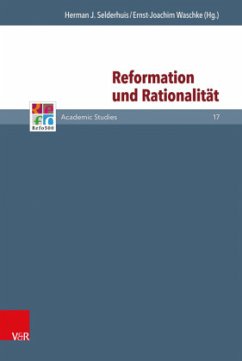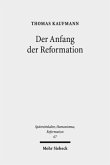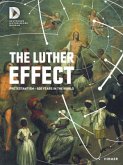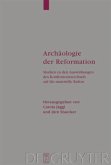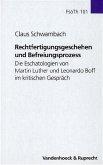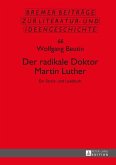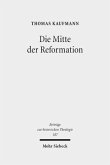On 19th October 1512, Martin Luther received his doctorate of theology under the chairmanship of Andreas Bodenstein of Karlstadt. Throughout his life, Luther remained tied to the Universityof Wittemberg. The Reformation movement was initially driven by and through his concern with academic issues, which also from the outset pertained to the relationship between theology and the other sciences.The contributors to this volume describe the relationship between faith and reason - or ratio and pietas - which was assessed in different ways in the Reformation, described by some as oppositional and by others as harmonious. Moreover, reformers referred back to medieval philosophical and theological points of view to relate reason with belief. The way in which this was done was definitive, for example for the establishment of universities, relations between science and the Church and in matters concerning the Bible and preaching. The lectures printed in this volume address the question of the relationship between the Reformation and reason before a European, interdenominational horizon.
Hinweis: Dieser Artikel kann nur an eine deutsche Lieferadresse ausgeliefert werden.
Hinweis: Dieser Artikel kann nur an eine deutsche Lieferadresse ausgeliefert werden.

